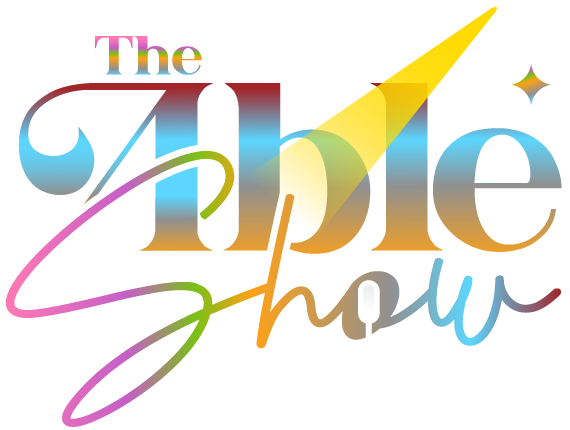A question I’m often asked, as someone who is autistic, is whether I watch Netflix’s Love on the Spectrum. Much like any other reality show about love, my answer is no. I’ve watched an episode or two because of its focus on autism, while I believe it offers a mostly positive portrayal of the condition, I found troubling holes in the show, especially with casting. The show only focuses on one segment of the autistic population—those interested in traditional romantic relationships and willing to make the necessary compromises. It attempts to project this experience onto the entire autistic community.
The positive outcomes from Love on the Spectrum are undeniable. Just three decades ago, a popular movie Rain Man not-so-subtly suggested that autistic adults were better off in institutions. Now, we’re given a show that not only affirms that autistic people belong in society, but also portrays them as capable of love and romantic relationships, just like neurotypicals.
The show aims to depict a wide range of autistic individuals, showcasing diversity in race, family backgrounds, and varying degrees of autism. Some participants can almost pass as neurotypical, while others struggle with basic communication. Some are interested in relationships with other autistic people, while others, particularly those with milder autism, pursue neurotypical partners. However, this is the full extent of the show’s diversity.
Ultimately, the show focuses on individuals with a more “marketable” image—those who fit certain stereotypes about autism. While the show steers away from Rain Man-style tropes like mathematical savants, it leans heavily into communication challenges. Most participants struggle with eye contact or “traditional/normal” communication. Then, of course, the episodes revolve around finding love without being equipped with the traditional social means of doing so.
It’s wonderful that Love on the Spectrum highlights the fact that many autistic people are interested in love and companionship. This is a significant shift from older misconceptions that suggested autistic people didn’t care about such things, often leading to emotional neglect. But the show downplays an important reality: many autistic individuals are simply not willing or able to make the compromises that come with typical adult romantic relationships.
Using myself as an example, I don’t face the same communication challenges as most participants on the show, but I have significant aversions that make forming romantic relationships difficult. For instance, I have a strong aversion to both young children and dogs. While there are women who don’t want kids or dogs, finding someone who wants neither is rare. And those who do typically aren’t easy to get along with. So, while I’m interested in love, my aversions outweigh my desire for a “normal” relationship. Yes, some autistic people are willing to make sacrifices for relationships, but many, like me, are not—and the premise of Love on the Spectrum inherently ignores this truth.

What often works better for autistic individuals are unconventional relationships that don’t rely on compromise or changing one’s lifestyle to suit a partner. These can take the form of networks of friends and confidants, where no single person is responsible for meeting all of one’s needs. In these kinds of arrangements, a “village” takes care of the person with special needs rather than just a spouse. For example, if an autistic person dislikes camping, it doesn’t mean their partner can’t go—they can go with other friends. The problem is our society doesn’t fully embrace these arrangements. While networks of support exist in youth sports or college clubs, for adults, these types of social networks are often restricted to spouses and immediate family. This doesn’t work for most autistic people, and it would be helpful if shows like Love on the Spectrum explored these alternative relationship models instead of pushing the monogamous, spouse-centered norm on all autistic individuals.
